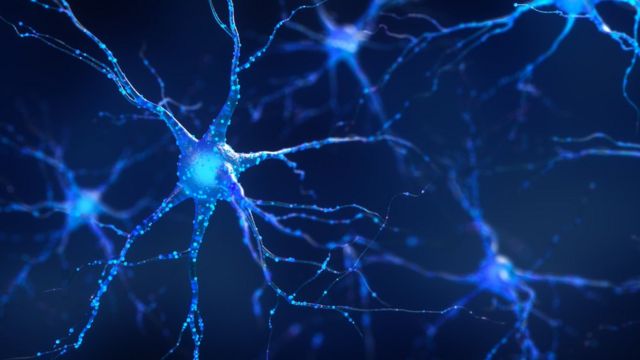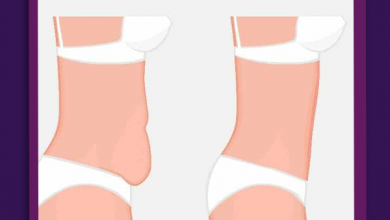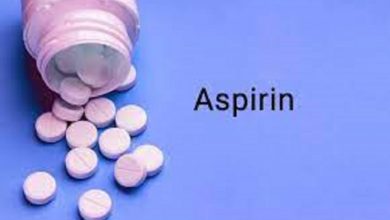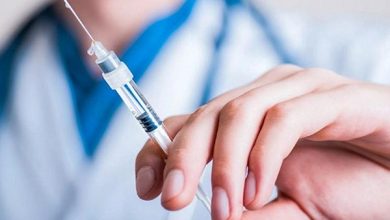Researchers say the findings, based on brain scans of 60 people, could treat depression in a unique way.
Psychotropic drugs are being studied to treat a wide range of mental health disorders.
Patients with depression are cautioned not to take psilocybin alone.
In scientific trials, the synthetic form of this drug has been used in very severe medical conditions. In addition, patients received counseling from psychologists during the study.
Professor David Knut, lead author of the study and director of the Center for Psychiatry Research at University College London, said the new findings in psilocybin were “exciting” and “important”.
He says depression can make the brain “break” certain thoughts and move away from a negative mental framework.
But with psilocybin, patients’ brains experienced a “more fluid and fluid” opening after three weeks.
Increased communication between different areas of the brain is observed in brain scans. These patients are more moody after months.
Similar changes were not seen in the brains of people treated with conventional antidepressants.
Professor Knut said: “This confirms our initial expectations and confirms that silosibin may be a real alternative for treating depression.”

brain activity
Narcotic drugs are a group of deceptive substances that affect all senses. They change the look and feel of time and emotions.
Regular antidepressants must be taken once or twice daily with silosibin to achieve the same effect. Of course, its confirmation requires further research on more patients in the long term.
The results of this study, published in the journal Nature Medicine, are from two separate studies. In the first study, all participants took silosibin. In the second study, some received it while others were prescribed another type of antidepressant.
All participants in this study received professional advice. Brain scans were performed three times – first, one day and three weeks later.
“We still don’t know how long changes in brain activity will last after the effects of psilocybin, and we need to do more research to understand this,” said lead researcher Professor Robin Carhart-Harris.
We know that in some cases the disease recurs and brain activity may be the reason for the return to the dry patterns we see in depression.
46










